Crop Management
All Crop Management Content
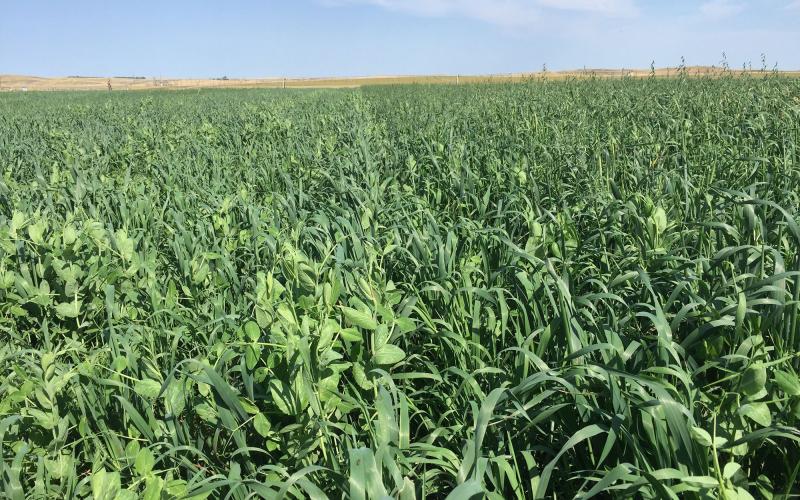
Chickpea Variety Trial Results
2025 chickpea trial results data from locations in South Dakota.
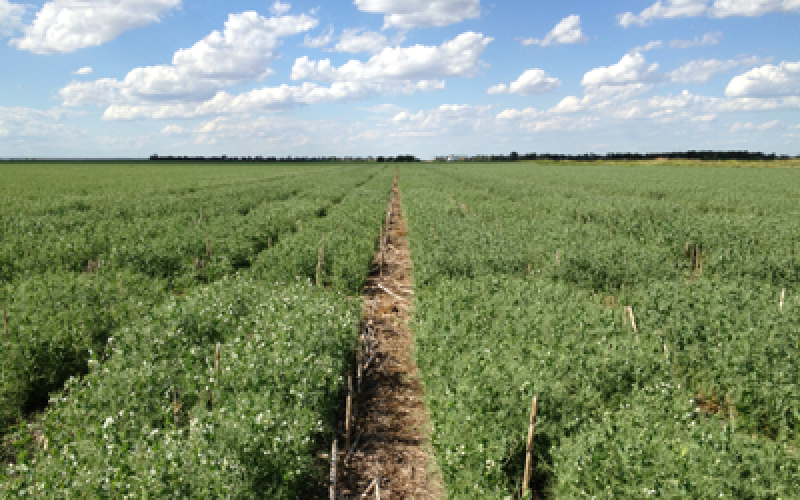
Field Pea Variety Trial Results
2025 field pea trial results data from different locations in South Dakota.
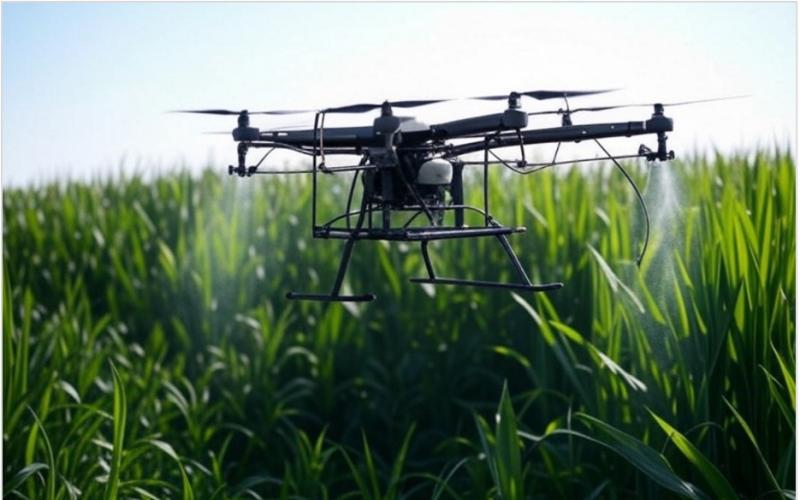
Required Licensing For Applying Pesticide Using Spray Drones
Fact sheet for South Dakota stakeholders wanting to get certified to apply pesticides with a spray drone.
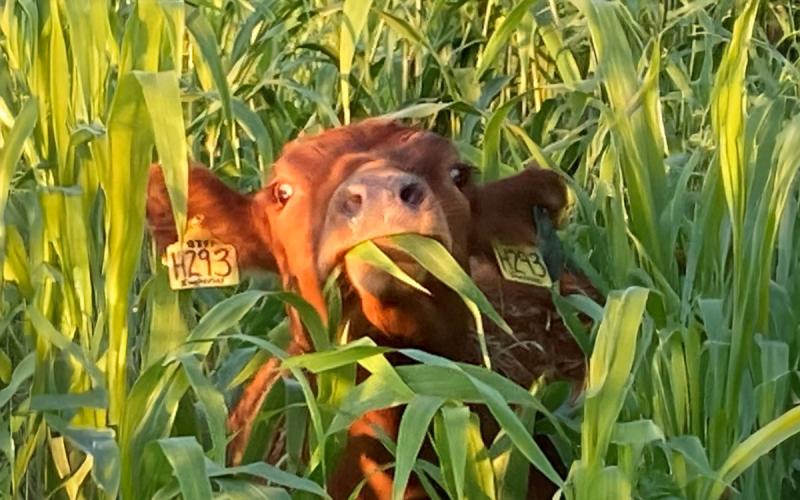
SDSU Extension welcomes new crop and livestock field specialist
September 12, 2025
South Dakota State University Extension is pleased to welcome Parker Witt as a new Crop and Livestock Field Specialist.
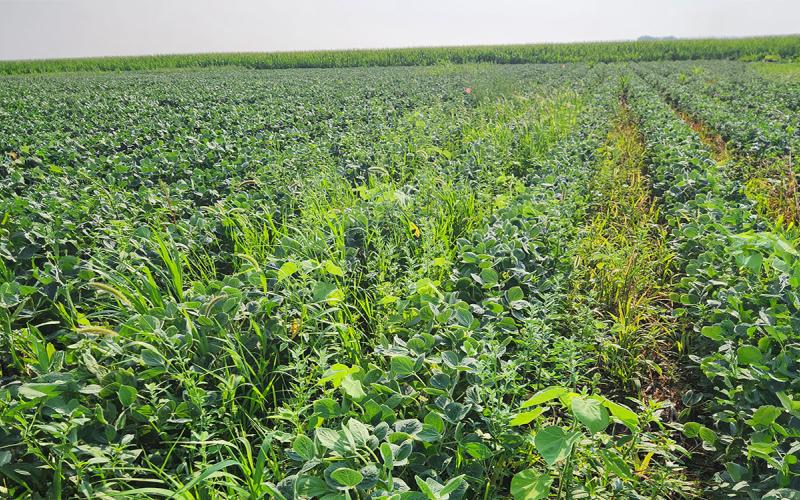
Suspect Herbicide Resistance in Your Fields? SDSU Can Help!
Submission form to screen weeds for herbicide resistance in South Dakota.
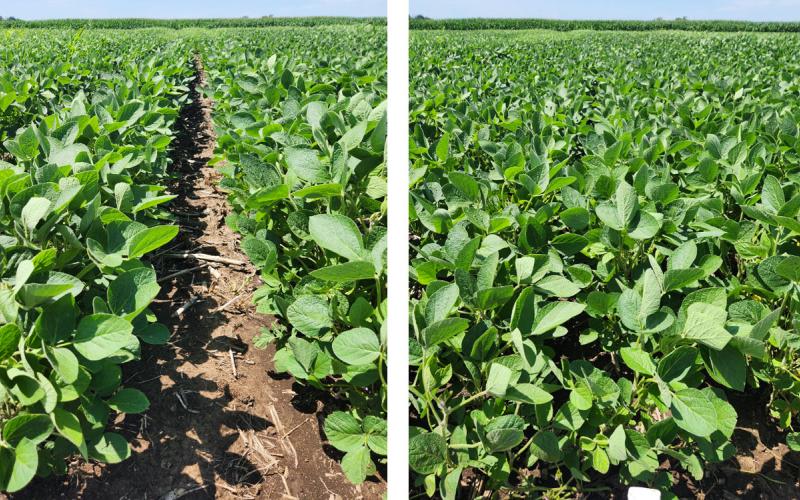
Strong, Effective Herbicide Programs Can Be Complimented With Narrow Row Spacing
While strong herbicide programs will result in effective weed management, a cultural tactic, such as row spacing can result in a complementary increase in effectiveness.
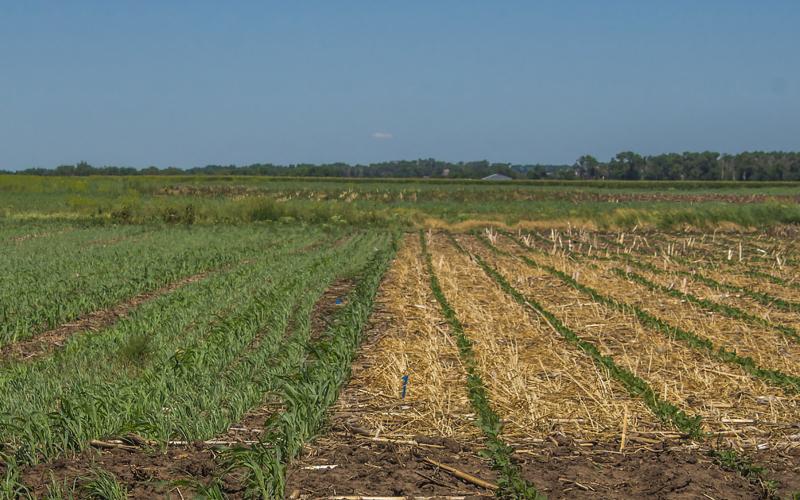
SDSU Extension Tile Drainage Economics Calculator
Calculator for farmers who are interested in evaluating the decision to install tile drainage from an economic perspective.
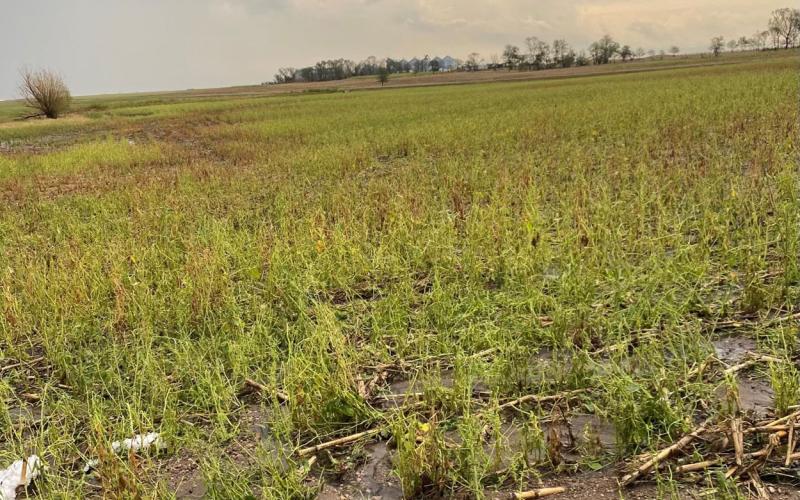
Making Decisions With Hail-Damaged Row Crops
Late-season hail damage can leave growers wondering what to do next. Before deciding what to do with your hail-damaged fields, take some time to consider a variety of management options.
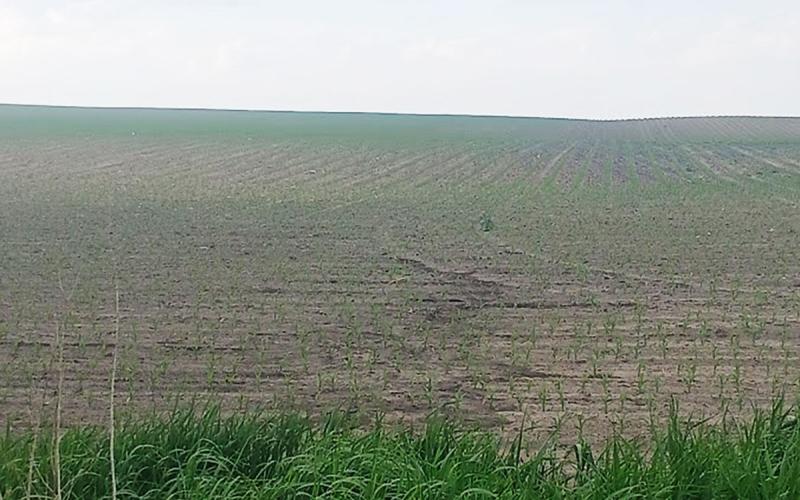
Soil Erosion Mitigation During Heavy Rainfall Events
Adopting soil health practices that minimize disturbance, increase surface cover and organic matter content, and keep roots growing in the soil can help to increase soil infiltration rates and reduce destruction of soil aggregates from heavy rain.
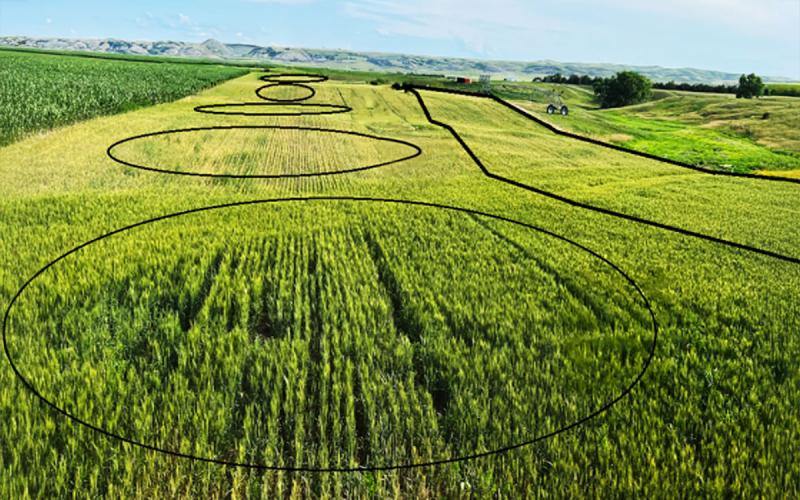
Variations in a Field and Variable Rate Technology Adoption
Field variations, including soil properties, nutrient content, and moisture levels, can significantly impact crop yield and farm profits. By understanding the specific needs of different areas, farmers can apply fertilizers, seeds, and other inputs more effectively.